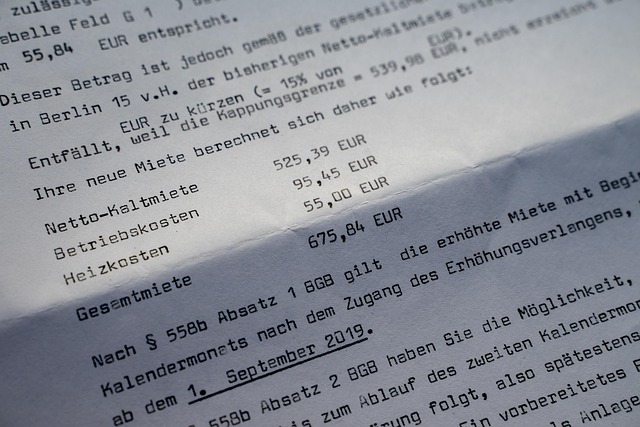In real estate, landlords are legally obligated to maintain rental properties, including structural repairs, operational checks, and regular cleaning, ensuring a safe and livable space for tenants. Tenants, in turn, are responsible for responsible use, prompt maintenance issue reporting, and timely rent payment. Clear communication through digital platforms or check-ins, transparent updates on repairs, and basic maintenance education build trust and promote collaborative property upkeep.
In the dynamic realm of real estate, ensuring seamless tenant experiences necessitates understanding and adhering to landlord maintenance responsibilities. This article delves into the crucial aspects of these obligations, highlighting legal implications and tenant rights. We explore effective communication strategies to foster regular maintenance, thereby enhancing property value and fostering positive relationships with tenants. By navigating these key areas, landlords can create a thriving environment that meets both legal standards and tenant expectations.
Understanding Landlord Maintenance Responsibilities

In the realm of real estate, understanding landlord maintenance responsibilities is paramount for both property owners and tenants. Landlords are legally obligated to maintain rental properties in a safe and habitable condition. This includes addressing structural issues, ensuring proper functioning of essential systems like plumbing, electricity, and heating, as well as regular cleaning and upkeep of common areas.
By clearly defining these responsibilities, landlords can avoid legal pitfalls and maintain strong relationships with tenants. Tenants, on their part, benefit from living in a well-maintained environment, reducing the risk of accidents or health hazards. In today’s competitive real estate market, understanding and adhering to these maintenance obligations is a game changer, fostering satisfaction among tenants and ensuring long-term success for property owners.
Legal Obligations and Tenant Rights in Real Estate

In real estate, both landlords and tenants have legal obligations and rights that must be clearly understood to maintain a harmonious relationship. Landlords are responsible for maintaining the property in a safe and habitable condition. This includes regular upkeep such as repairs, cleaning, and ensuring basic amenities like heat, water, and electricity are functional. Tenants, on the other hand, are expected to use the premises responsibly, report any maintenance issues promptly, and pay rent on time.
Knowing these rights and responsibilities is crucial for both parties. Landlords must adhere to local tenancy laws and regulations, while tenants can protect themselves by being proactive in communicating maintenance needs. Open communication and a mutual understanding of these legal obligations are essential to avoid disputes and ensure a positive rental experience in the dynamic real estate landscape.
Effective Communication Strategies for Regular Maintenance

In the realm of real estate, effective communication is key to ensuring landlord maintenance responsibilities remain up-to-date and addressed promptly. Landlords and tenants should establish clear channels for reporting maintenance issues and scheduling repairs. This can be facilitated through a dedicated maintenance request system or regular check-ins. Digital platforms and apps designed for property management offer efficient solutions, enabling tenants to submit requests instantly and landlords to manage tasks remotely.
Regular communication also involves providing timely updates on repair progress and resolving any concerns promptly. Transparent dialogue builds trust, ensuring tenants feel heard and their properties are in capable hands. Additionally, landlords should educate tenants about basic maintenance practices, empowering them to handle minor issues independently and fostering a collaborative environment for property upkeep.






